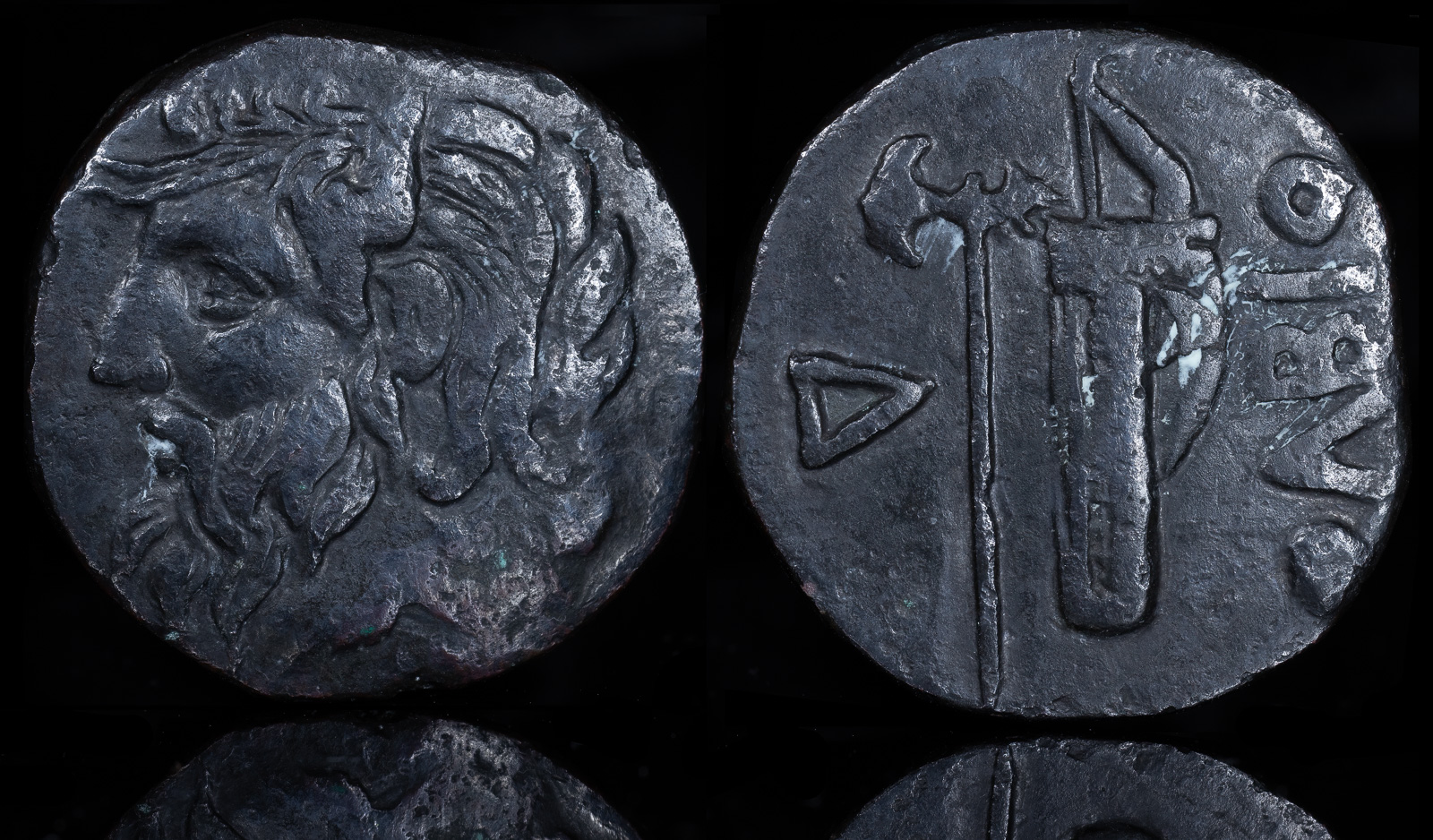Borysthenes
View All Tags
The name Borysthenes itself is thought to derive from a combination of Greek words meaning “strong” (or “powerful”) and “river,” emphasizing the river’s might and importance to the region. In ancient Greek myth, gods associated with rivers were often depicted as mighty beings who controlled the flow of water and, by extension, the fertility of the land through irrigation, as well as the prosperity of the communities that relied on the river for trade, fishing, and agriculture. The Dnieper River, with its vital role in linking the northern regions of Europe to the Black Sea, was considered an essential natural resource, and Borysthenes was revered as the guardian of this great waterway.
The river god Borysthenes was occasionally mentioned in historical and geographical writings. Greek writers, including Herodotus, referenced the river in their descriptions of the lands around the Black Sea. The river and its deity played a significant role in the lives of the Scythians, the ancient people who lived in the steppes around the Black Sea, as well as the Greek colonies along the coastline. In myth, Borysthenes’ waters were considered sacred, and the river itself was often invoked as a symbol of the strength and importance of the region’s natural environment.

Skythia, Olbia
Æ 10.54g, 24mm, 9h.
Circa 330-320 BCE
Horned and bearded head of river god Borysthenes to left / Axe and bow in gorytos, ΟΛΒΙΟ upwards to right, Δ to left.
SNG Moskau 978-82; SNG Stancomb -; SNG BM Black Sea 457-9; HGC 3.2, 1887.
Ex collection of GK